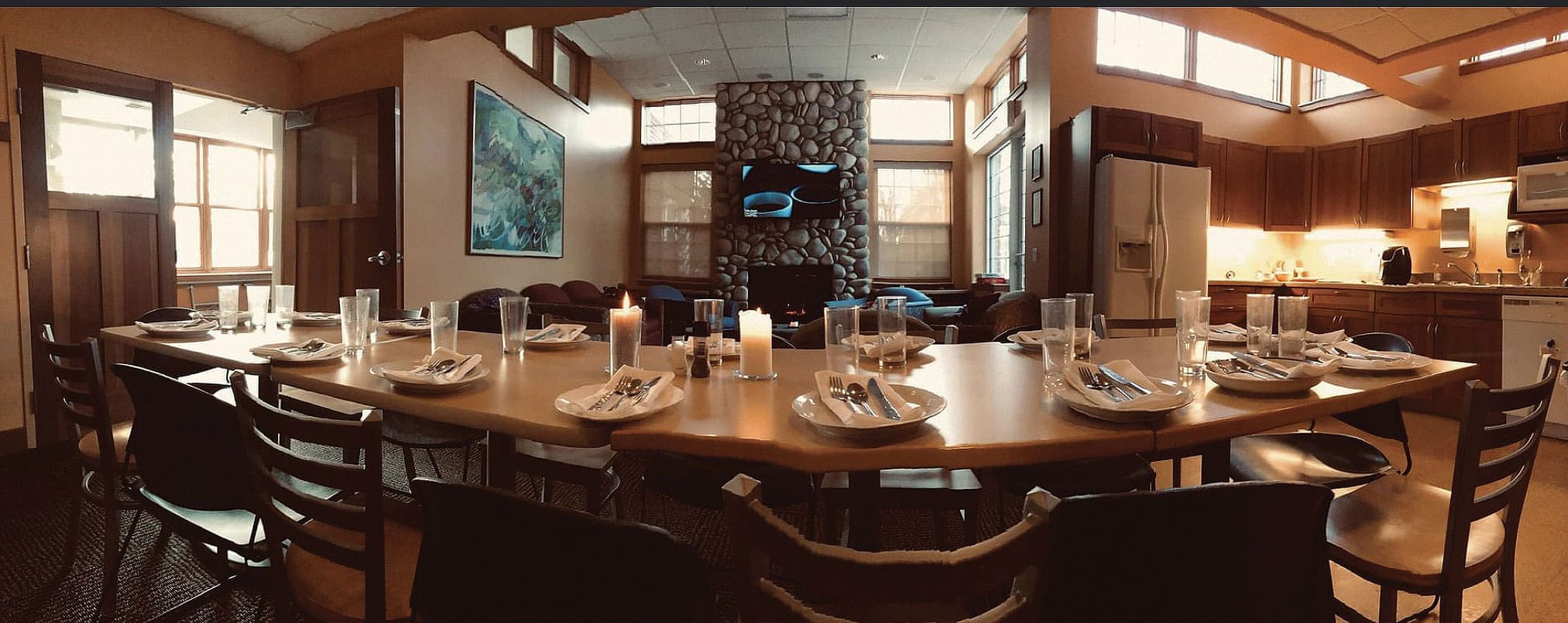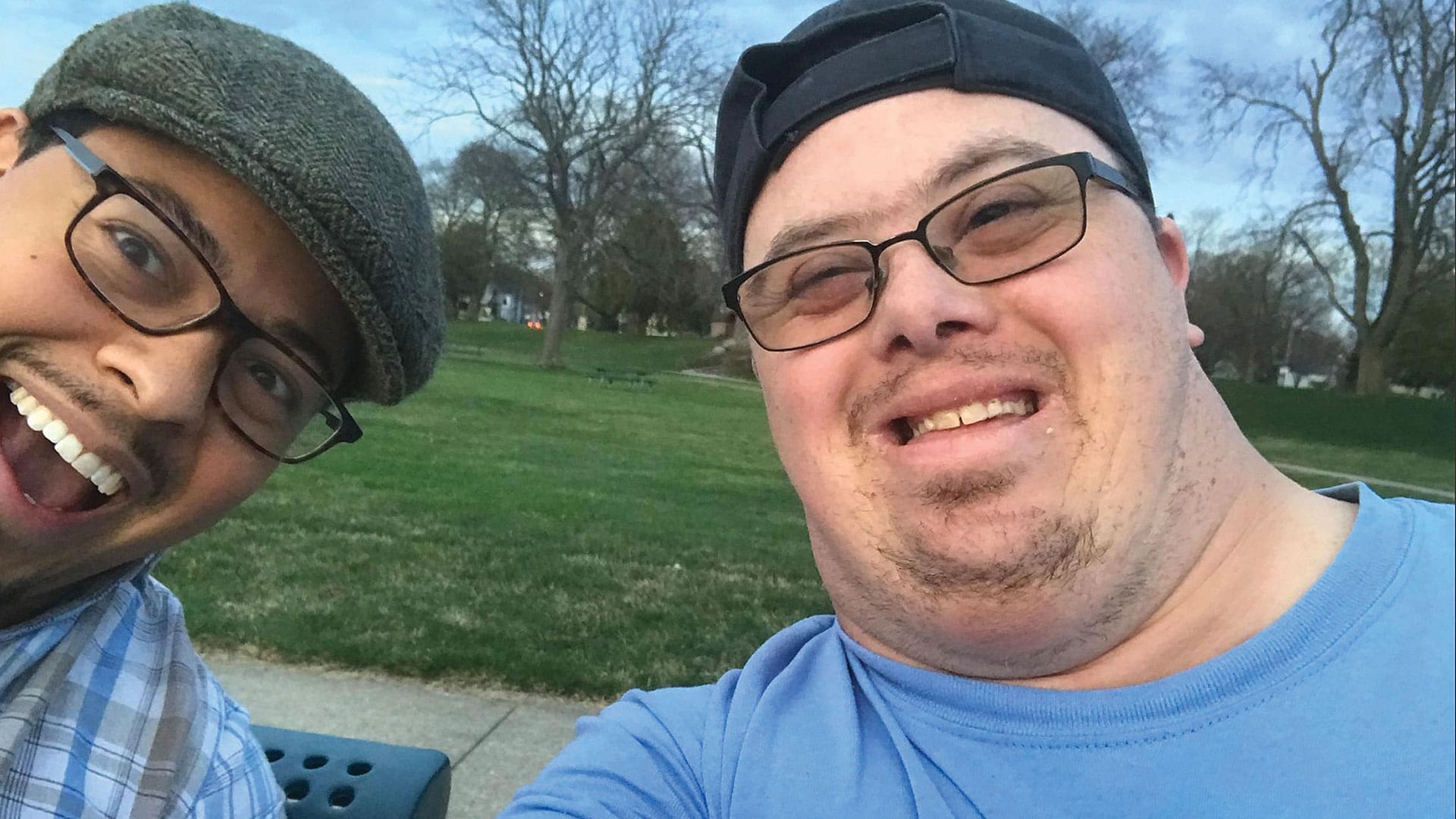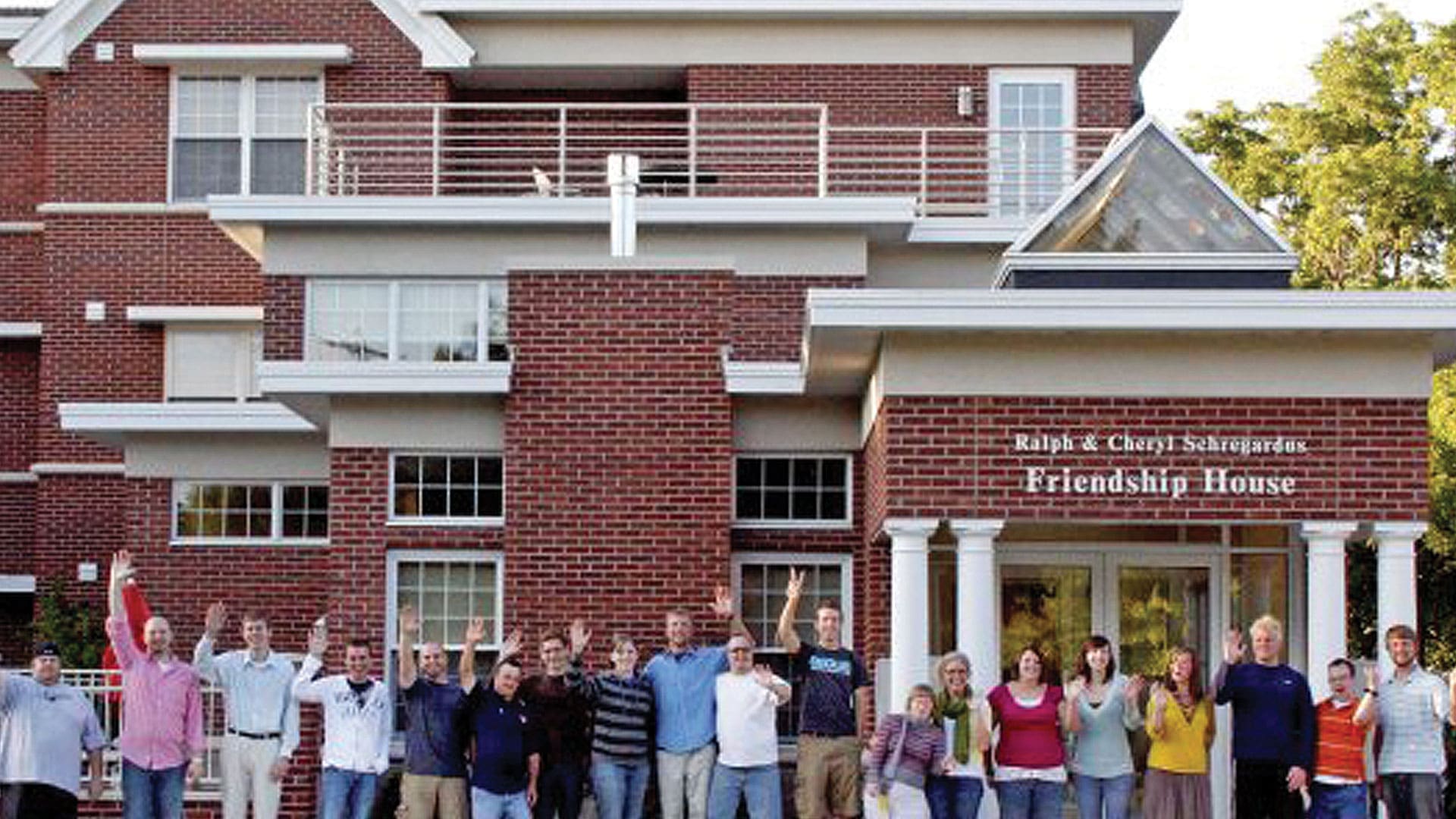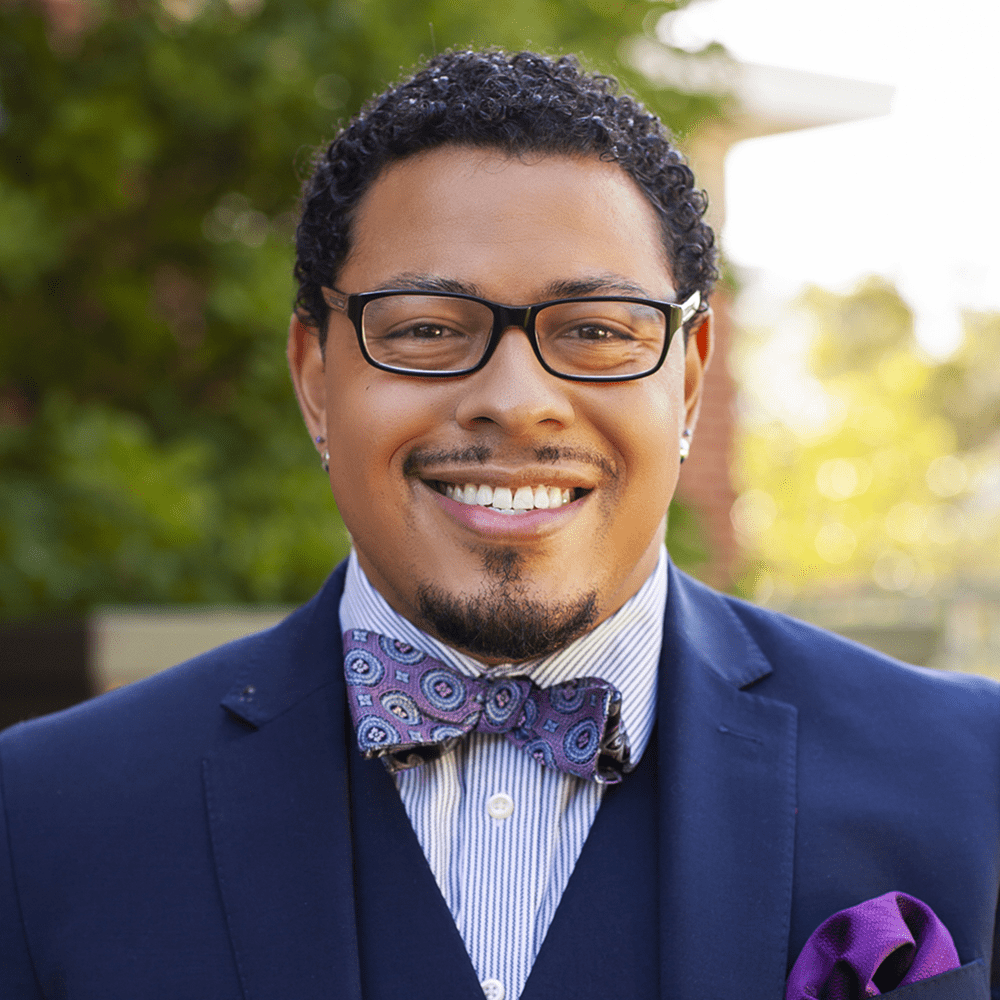O
Our experiences of friendship have drastically changed in the last thirty years. The instantaneous communication afforded by technologies like smartphones and social media makes those alive today among the most interconnected in human history. Yet people report feeling increasingly isolated. Even though the tools to connect on an unprecedented scale are right at one’s fingertips, research conducted by sociologists and technological ethicists suggests that forming lasting friendships is as challenging as ever. The speed of contact hasn’t hastened the development of our relationships.
As a person living with congenital cerebral palsy, I have never really been able to keep up with the pace of the world around me. The world has always moved more rapidly than my body enabled me to go. And as the world hurries faster and my body slows down with age, I’ve begun to see an alternate understanding of friendship surface, one that welcomes limits and invites others to share them. It is these limitations that lie at the heart of an understanding of friendship as sacred praxis.
The world has always moved more rapidly than my body enabled me to go.
Within Western culture, friendship is often understood to be the outcome of what social psychology calls like-attractions—people with similar personalities, likes, dislikes, and values attracted to one another. These relationships often involve the perception of equally shared benefit. It’s an understanding of friendship that has filtered into many Christian communities too.
Sacred friendship is the act of relating as interdependent persons in Christ. It can be fostered from a place of likeness, but the source of that likeness is not of a volitional quality. Rather, it is an equality conferred on us by Christ, as siblings in Christ. In other words, likeness is not based on what one does—or what one can do—but who one belongs to.
Need is vital here. Needs vary from one person to the next, of course, but we all have them. As created beings, each of us has both a beginning and an end, and we must be sustained, somehow, in between. We are not as radically independent or self-sustaining as Western culture purports us to be.
Therefore human interdependence—not a perceived equality of needs, but rather the universal reality of having needs—is central to a sacred understanding of friendship. We depend on one another, all others, simply because we exist.
In 2018 I began serving as the director of the Friendship House at Western Theological Seminary in Holland, Michigan. Here, seminary students commit to living alongside one another while engaging in the formational work of theological education, vocational discernment, and mutual discipleship. Part of what makes the Friendship House unique is that a sizable number of our community members are students who live with intellectual and/or developmental disabilities. Nonetheless, every resident is understood to be an equal contributor to the community—theologically gifted and called, discipling their fellow community members even as they are being discipled by them. The Friendship House is the lived outcome of a conviction that Christian formation—the life of faithful discipleship and the telos of Christian theological education—must be a communal endeavour. And its name is no coincidence: friendship is central to this endeavour, the sacred context within which faithful Christian formation is cultivated.
Human interdependence—not a perceived equality of needs, but rather the universal reality of having needs—is central to a sacred understanding of friendship.
The Friendship House exists as a dynamic witness to sacred friendship. Bodily capacities, social interests, hobbies, and goals all vary greatly from one community member to the next. Indeed, on the surface, one can readily observe a variety of ways in which the principle of like attraction cannot be upheld. Community members come from many backgrounds, and we have varying types of experiences and ways of being in the world. Often our methods of communication differ dramatically: some of us communicate verbally, while others depend quite heavily on non-verbal cues and body language. Our forms of embodiment—disabilities and attending bodily or intellectual limitations—are diverse. Our needs differ, and so do the ways in which we show up for each other to meet one another’s needs.

It is rarely obvious how (or if) a friendship will be socially advantageous or equally beneficial—factors that are often key to more secular approaches to friendship. Given that various community members live with medically diagnosed disabilities, usually relationships within the Friendship House are not based on shared capacities, skills, or an implicit and equal exchange of benefits. One would not be altogether remiss in asserting that the Friendship House, and the model of friendship that it espouses, presents a stark contrast to secular friendship.
But here, too, the utilitarian calculations of secular friendship can trickle in. Within our culture, the understanding of friendship as an equal give-and-take between people with common interests is pervasive and present in each of us regardless of our backgrounds and abilities. Consider, for example, a conversation that took place between me, a founding member of the Friendship House who I’ll call Mr. Elvis, and a visiting intern named Jackie. When I first introduced Jackie to Mr. Elvis, I asked him how he might explain to a newcomer like Jackie what we do in the Friendship House. Mr. Elvis opened with the following explanation of our life together:
When I first met Carlos, I didn’t really like him. He is very different from [the former resident director] and super different from me. He is black, walks with crutches, and prays a whole lot to God and Jesus. Not that any of those things are bad, I guess. He is just different from anyone else I know, and I have a hard time trusting or dealing with change. Plus, mostly because of Carlos’s disability and the crutches, I didn’t think we could have anything in common. I didn’t think we could do anything fun together. Things like swimming, tubing, going for walks, or to the beach . . . stuff like that. So, yeah, in the beginning, I didn’t really like him. I guess I was a little worried.
One can see the principle of like attracts like at work in his first impression of me. Mr. Elvis was uncertain of our ability to form a friendship because, from his perspective, all the usual shared traits, similarities, and interests were absent. Everything Mr. Elvis easily observed resulted in the assumption that we could not possibly have anything in common and therefore never truly form a friendship.
The above conversation segment illustrates a moment in time when, for Mr. Elvis, my differences were plainly understood to be deficiencies—something so often the case in how our society relates to one another. Even though Mr. Elvis himself lives with lives with Down syndrome, my own disability did not provide common ground or a sense of equality. To him, my physical disability differentiated me from him as an individual with an intellectual disability. And because of my bodily differences, Mr. Elvis questioned how a friendship with me would even be possible, let alone beneficial to him.


The two of us often met by the elevator while going to our respective jobs during the week. One day, upon meeting at the elevator in our usual way, Mr. Elvis asked if I needed help carrying my briefcase. Though I was in quite a bit of pain that day, I could probably have managed on my own as I had countless times before. However, Mr. Elvis is well built and broad-shouldered—the reality is that carrying bags is easier for him than for me. So I happily surrendered my briefcase to Mr. Elvis. Then we rode the elevator and walked across the parking lot together. Upon reaching the point where we would need to part ways—me to the seminary offices and Mr. Elvis downtown to the hotel where he works—he handed me my briefcase and we parted for the day.
After that, Mr. Elvis assisted me with carrying my briefcase at least a couple days a week. The distance is short, and we started to walk with deliberate slowness. It quickly became clear that being with one another was far more important than the mutual task of getting to where we were going. While we walked, I would listen to Mr. Elvis relay the burdens of the week and wrestle alongside him through whatever theological, relational, or ethical quandary was of interest to him that day. Over the course of weeks and months, we started to acknowledge our common ground—namely, the reality that we, along with every other human being, had needs. It was profoundly humanizing. And within this place of acknowledgement, sacred friendship became possible.
We started to walk with deliberate slowness. It quickly became clear that being with one another was far more important than the mutual task of getting to where we were going.
As Mr. Elvis continued to share with Jackie what life in the Friendship House is all about, he told her about his changing perception of me:
As we got to know each other, I realized that I can talk to Carlos about anything and he helps me understand things. Sometimes that means we talk about God and Jesus. But also we talk about life. He gives really good life advice, and I feel like he understands me when I am confused. Yeah, Carlos does walk with sticks and needs help with certain things that I can do a bit better, but that is just something he needs. It is a way that I can help him because all of us need help sometimes and in different ways. And we do go swimming together. We do all kinds of fun things together. . . . We hang out a lot. Just because Carlos walks differently than me doesn’t mean that he can’t do things with me and have fun. He swims, works out, and tubes with me. . . . I learned that everyone is a little bit different and that is actually a good thing. I think God actually makes us different on purpose. Our different needs help us to learn from and lean on each other, and now I trust him.
Perhaps you could argue that this friendship formed simply because we live in the same house. But that would be reductionist. Beyond living near one another, we developed a willingness to depend on one another—to belong to one another. Comfort with the reality of needing one another transformed the way we could relate to one another. With that willingness to belong to one other, we each became both giver and receiver in our various states of need. Our differences were rightly understood as expressions of divine diversity rather than deficiencies.
Clearly, then, the formation of friendship as sacred praxis requires more than simply the act of spending time in the same space. That alone does not necessarily require someone to change their perception of the other. To grasp the truth of this, one need only consider the work of disability theologians like Brian Brock, as well as the work of theologians who focus on hospitality and Christian community. These theologians write that the goal of inclusion for those who live with disabilities is honourable and good. However, they also argue that simple inclusion remains grossly insufficient for the body of Christ. Yes, building a ramp or creating more accessible spaces is crucial. But solving the logistical particulars necessary to enable a wheelchair user to enter a building does not require the people already inside the building to critique their existing social biases or truly change. Likewise, listening to Mr. Elvis on our walks together doesn’t require me to see Mr. Elvis as one who can (and ought to) disciple me too. A deeper transformation is needed for true friendship and community.
If simple inclusion is all we are after, then sacred friendship will actually often be sacrificed in the name of this end goal. In his thoughtful critique of inclusion, Scottish disability theologian John Swinton defines inclusion as the act of making additional space at the table for those who are present in the room. Swinton agrees that this is good. However, the goal of inclusion still allows one to assume that able-bodiedness is the normative and ideal way of being. From this starting point, an us-versus-them attitude arises, one that often assumes it is the responsibility of able-bodied people to empower the disabled to be more like them. The goal is for the (temporarily) able-bodied in society to construct adaptations so that other people can somehow pass as less different or limited—more like whomever is deemed to be able-bodied. Simple inclusion is not all that different from operating by the principle of like attraction. If one can comfortably alter a space slightly to enable some people to minimize their differences just enough to appear less offensively deficient, then they ought to be relatable and, therefore, included. But sacred friendship would see us strive to build friendship and community through our diversity of need.
The formation of friendship as sacred praxis requires more than simply the act of spending time in the same space.
What Christ beckons people into, and sacred friendship cultivates, is more adequately captured within the concept of belonging. Theologians such as Swinton, Brock, Henri Nouwen, and Christine Pohl generally describe belonging as the experience of being so intimately known that one is genuinely missed when one is not present. In other words, if being included is to be acknowledged and accommodated when present, then to belong is to be missed when one is absent. However, it is my conviction that belonging must also be something that one can identify in the moment. Otherwise, the experience of belonging is relegated to something that one can only truly name in its absence. Thinking more expansively, then, perhaps to belong is to be so integral to what is happening in a space that one’s presence fundamentally changes a space. One’s presence is acknowledged as a transformative gift—and we receive the presence of others as gifts in return. This innate giftedness by virtue of simply being is what makes sacred friendship possible.
As much as I appreciate Mr. Elvis’s attentive willingness to meet a need that I have (by quite literally carrying one of my burdens), those acts of service are not the essence of our sacred friendship. In fact, if I experienced a miraculous altering of my body and no longer needed crutches, Mr. Elvis’s assistance wouldn’t have quite the same effect. Yet we would remain sacred friends—brothers in Christ. The reality is that through that first simple act of service, we began to appreciate one another’s presence and delight in each other simply as human beings. These dynamics of sacred friendship are perhaps more visible in communities where people who live with disabilities are present, and the asymmetries of need are more obvious. However, these dynamics remain true for each one of us, no matter how able-bodied one may think themselves to be. Our needs are a symbol of our shared humanity, our shared being. As we abide in Christ, the grace of Christ begins to simplify the ways in which we discern categories such as shared traits or interests. Christ alive within us and Christ revealed between us faithfully forms us as members of his body—as sacred friends who belong to one another. And our needs become the lights that illuminate the beauty of belonging.



